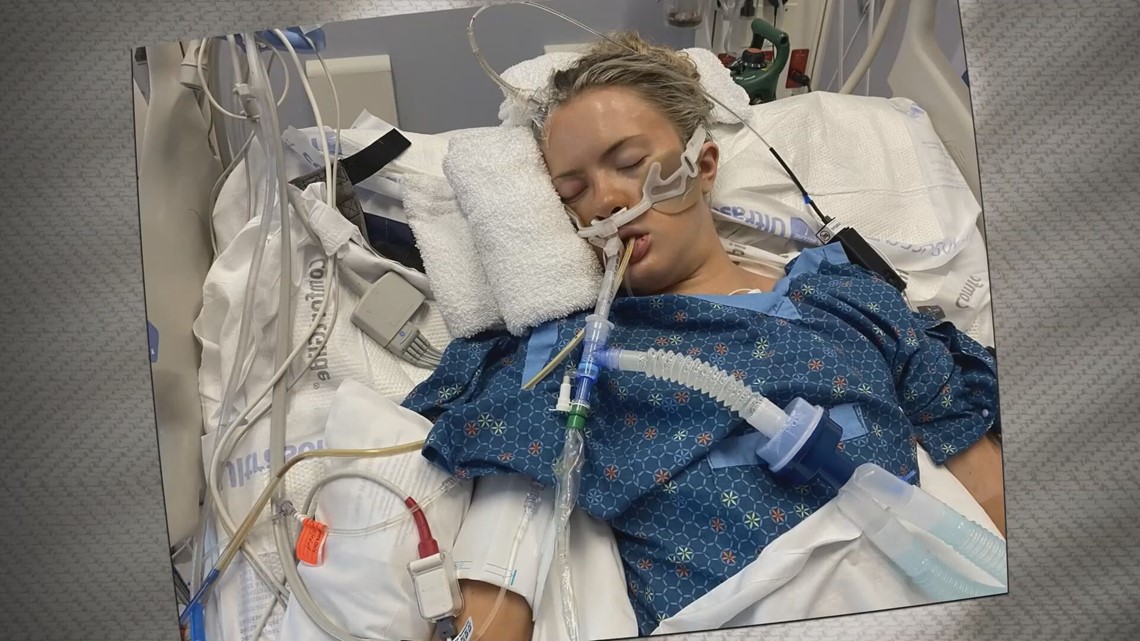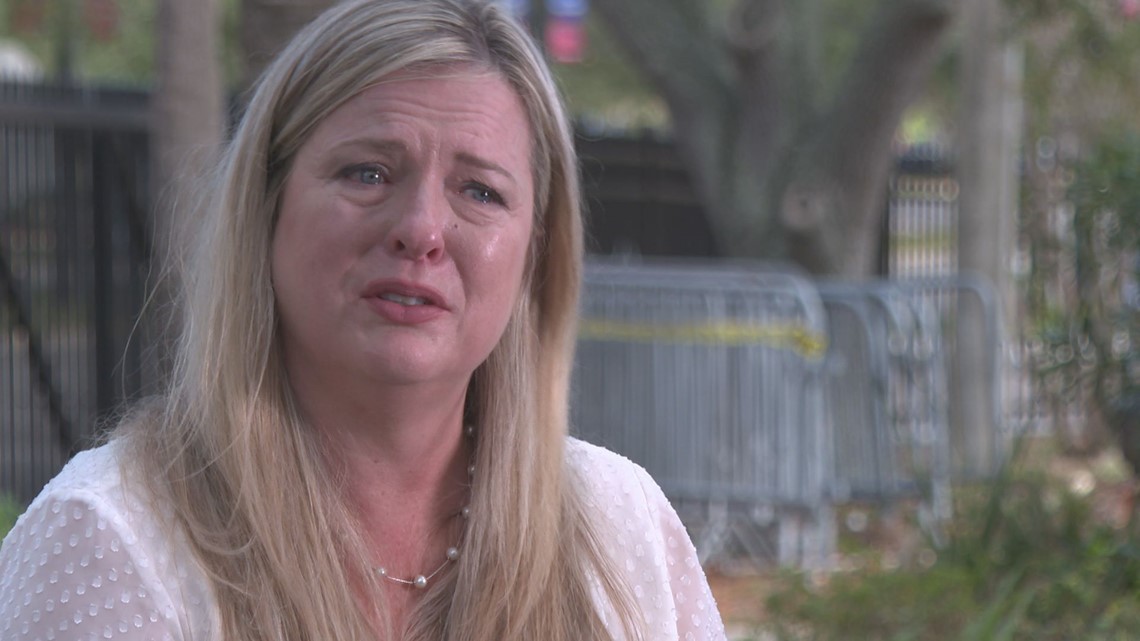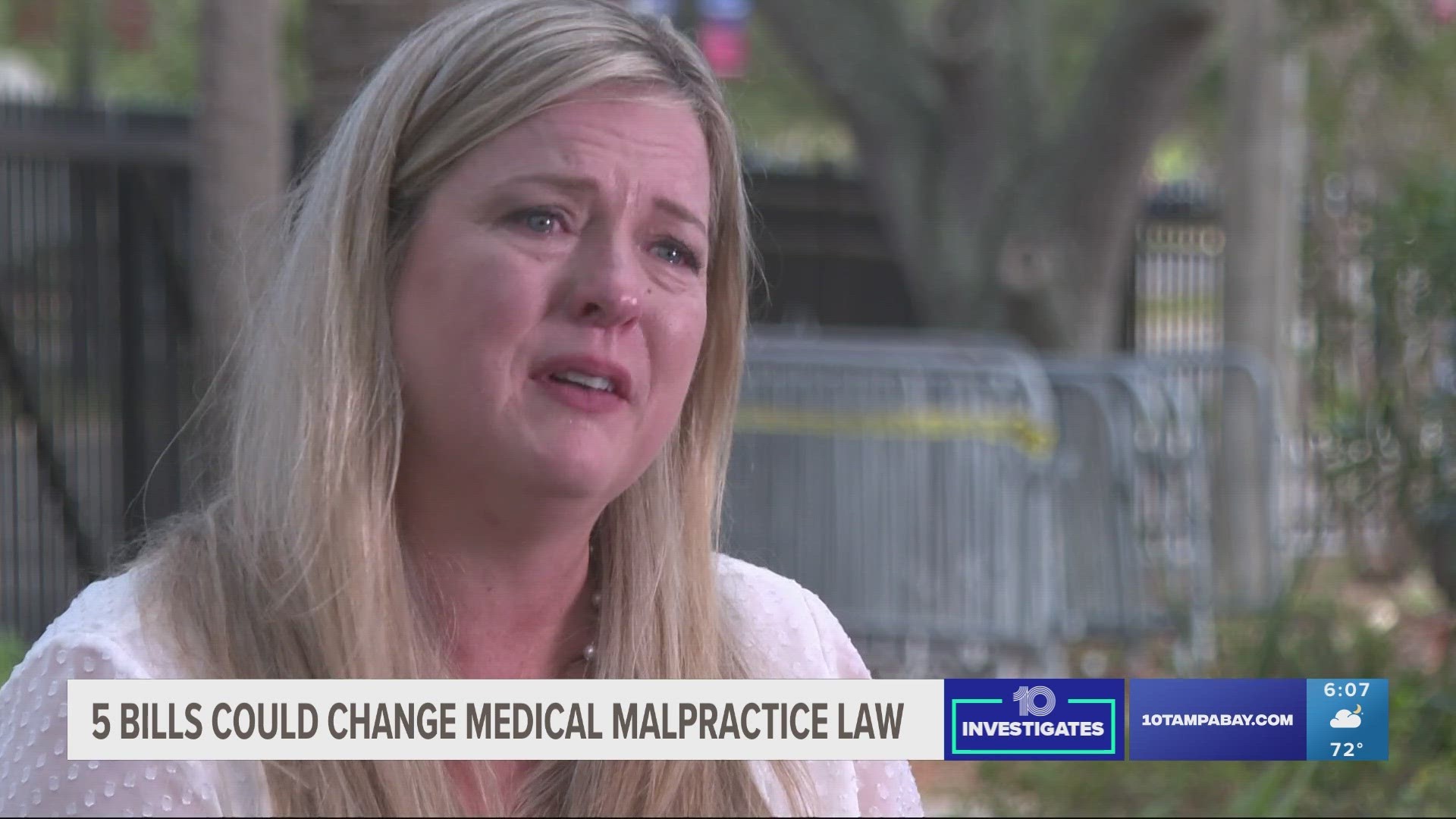TAMPA, Fla. — Critics call it Florida’s “free kill” law.
It limits who can sue over a death from medical malpractice.
Earlier this month, 10 Investigates fact-checked the arguments that have kept this law on the books for more than 30 years.
Florida lawmakers have filed five bills for the upcoming state legislative session to modify or repeal the law, which limits who can sue over a death from medical malpractice.
Cindy Jenkins’ daughter Taylor was rushed to the hospital after a car crash. She says doctors didn’t notice a torn artery until it was too late.
“I not only lost a child that day, I lost one of my best friends,” Jenkins said.


She wanted to sue over her daughter’s death, but no medical malpractice attorneys would take her case.
“She had just turned 25,” she said.


If you are 25 or older, unmarried or widowed, and have no children under the age of 25, you’re what critics of Florida’s law call a “free kill.” If that’s you, subsection 8 of Florida’s Wrongful Death Act says your loved ones can’t sue the doctor or healthcare facility for mental pain and suffering damages.
“It's a balancing act. And anytime you're looking at any segment of the law, there has to be a line drawn somewhere, and the legislature chose to draw it where it is,” Ybor City attorney Andy Bolin said.
Bolin has been representing Florida doctors and hospitals for decades.
Supporters of the law, like Bolin, say it helps keep medical malpractice insurance rates down in Florida, which helps keep doctors from leaving the state. x
“I think it's dangerous to start removing those protections and then finding out whether or not, in fact, we needed them,” Bolin said.
State Rep. Spencer Roach has filed one of five bills for the upcoming legislative session to change this law.
“The living can sue, but the dead cannot. And we call that a ‘free kill’ because it’s virtually free to let the patient expire. But it could potentially be very costly if you save their life. So, it’s this perverse medical incentive to let someone die rather than try to save their life because you’re trying to avoid a medical malpractice suit,” said Roach, a Republican representing Dist. 76, which includes DeSoto and parts of Charlotte and Lee Counties.
Roach’s bill, House Bill 77, and Senate Bill 310 would partially repeal subsection 8 – eliminating the part that says parents of an adult child can’t recover damages for malpractice.
So, moms like Cindy Jenkins would be able to sue.
But people like Tamika Ganzy, whose unmarried mother died, still would not.
“Making sure that someone else doesn’t go through it with their mother, that is what I want,” Ganzy said.
House Bill 129 and Senate Bill 442 would fully repeal subsection 8, so anyone could sue for damages.
“We know that the majority of our doctors are very responsible. This is not against the medical field. We know that accidents might happen. But we also want to make accountable the ones that are not doing the right thing,” said St. Rep. Johanna López, who filed HB 129.
López is a Democrat representing Dist. 43, which includes part of Orange County.
State Sen. Clay Yarborough’s bill, Senate Bill 248, would allow the people currently blocked from recovering damages to do so, but only if the Agency for Health Care Administration or Florida Dept. of Health find there was probable cause of negligence first.
“Do we want our good healthcare practitioners to leave the state? No. But at the end of the day, do we want to make sure we value all life the same way? Yes,” said Yarborough, a Republican who represents Dist. 4, which includes Nassau County and part of Duval County.
Jenkins said Yarborough’s bill doesn’t go far enough.
“What this bill really does is plunk Mt. Everest in front of family members that have just lost their loved ones. And if you can climb Mt. Everest and make it to the other side, and AHCA or DOH finds probable cause, then you can have the same right as everyone else to our judicial system,” she said.
At least six bills to modify or repeal subsection 8 of Florida’s Wrongful Death Act have died in committee over the past two years.
Florida’s legislative session begins Jan. 9, 2024.

